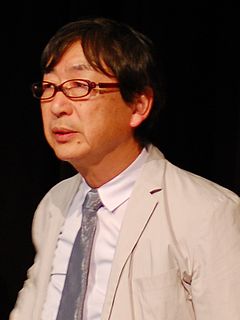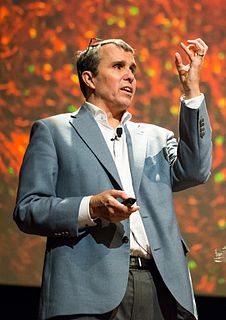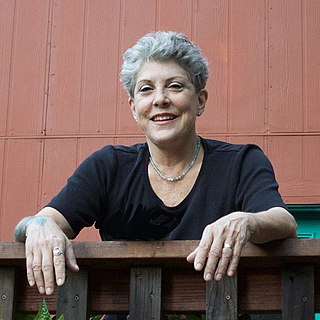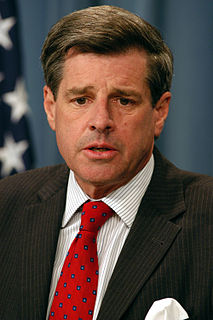A Quote by Vanessa Carlton
When it comes to music, we live in a very different world than everyone did in the 1960s and 1970s.
Related Quotes
One song isn't going to ever change things, but I suppose it's the accumulation of music generally [that is]. If you can imagine a world that has no music in it, it would be a very different world, so music does change the world by virtue of all the music in it. Cumulative music of every kind, from banging a drum to playing a flute or recording symphonies, or singing 'War, what is it good for?' All those things change the whole way we live.




































